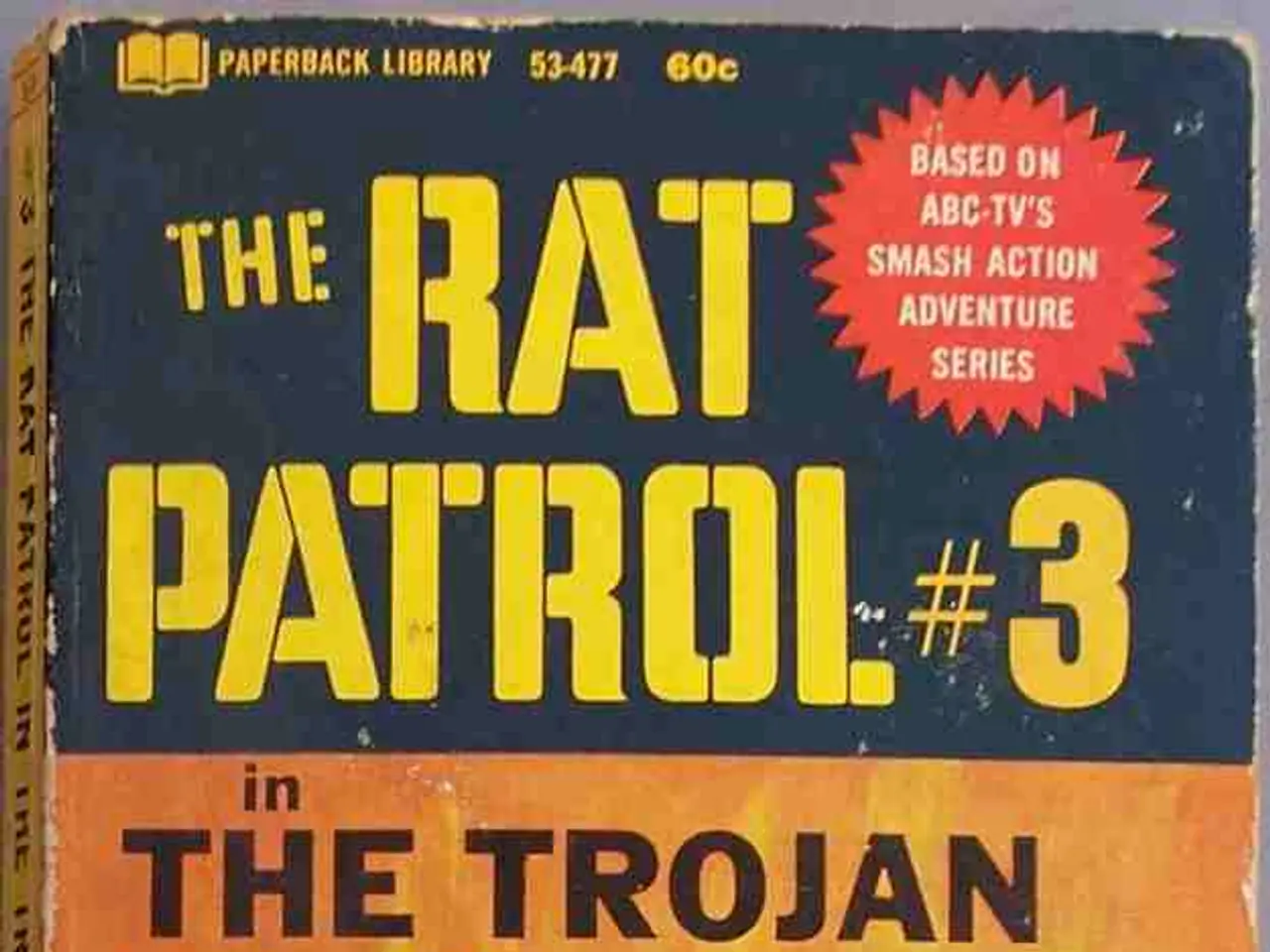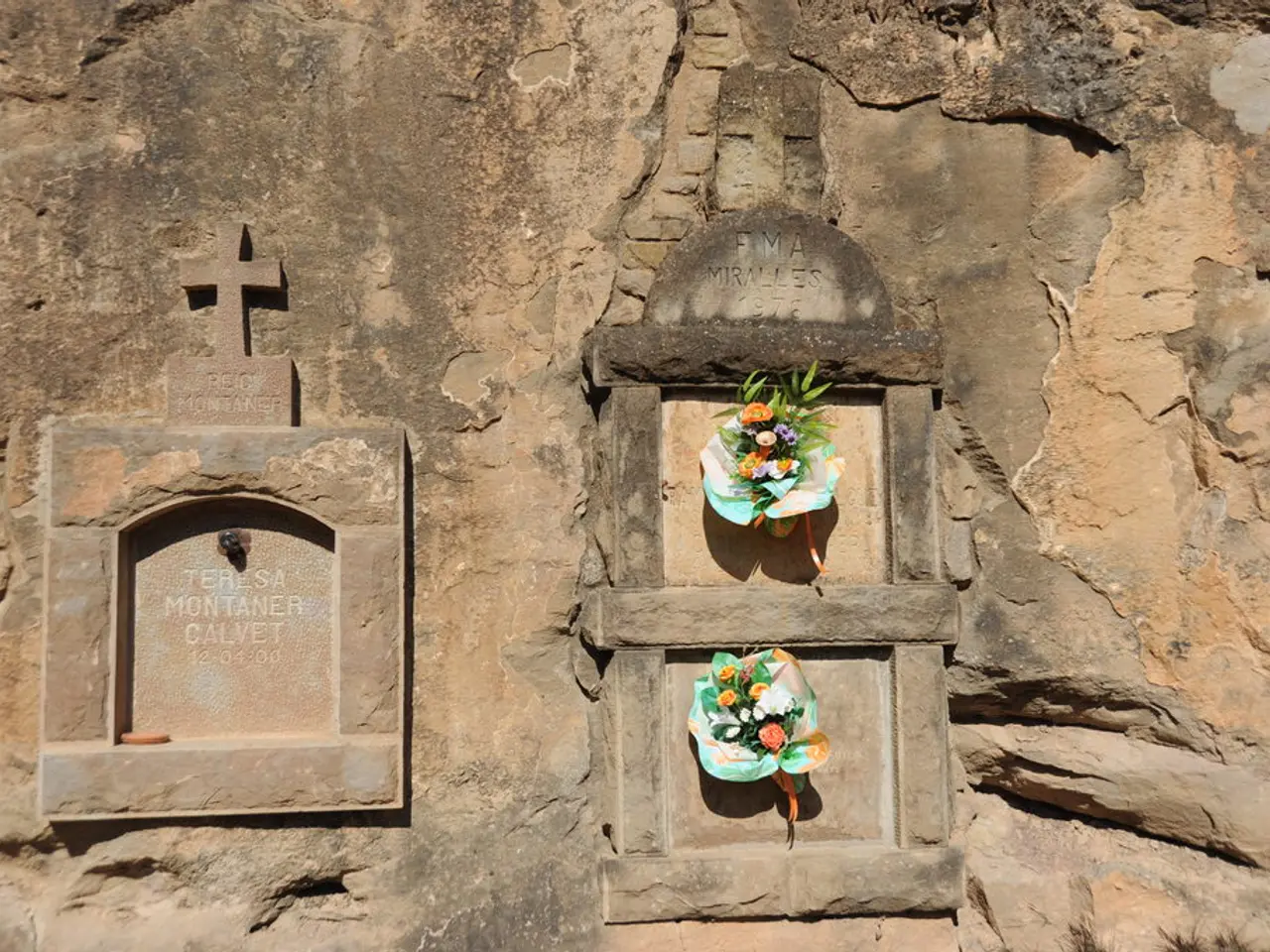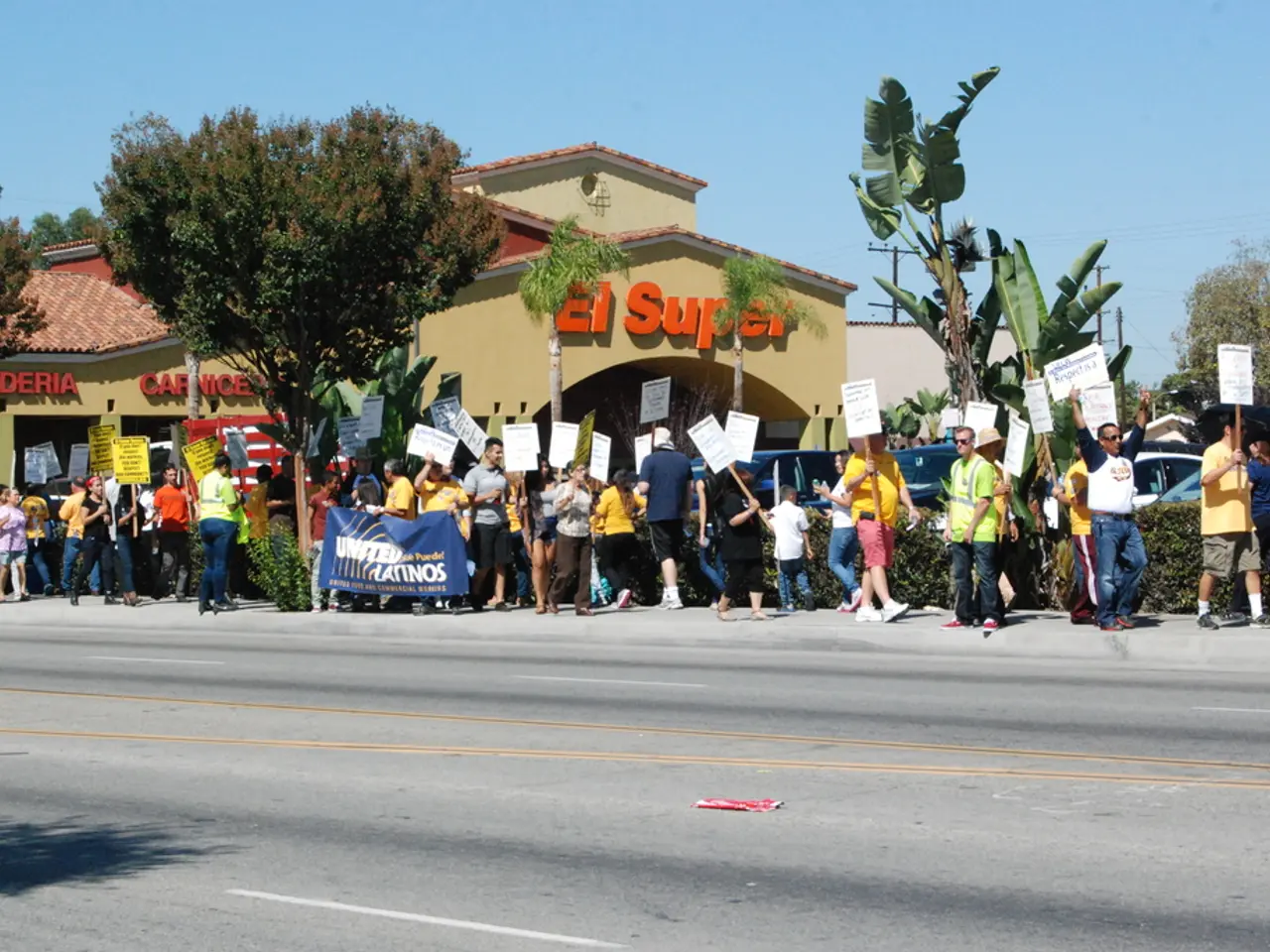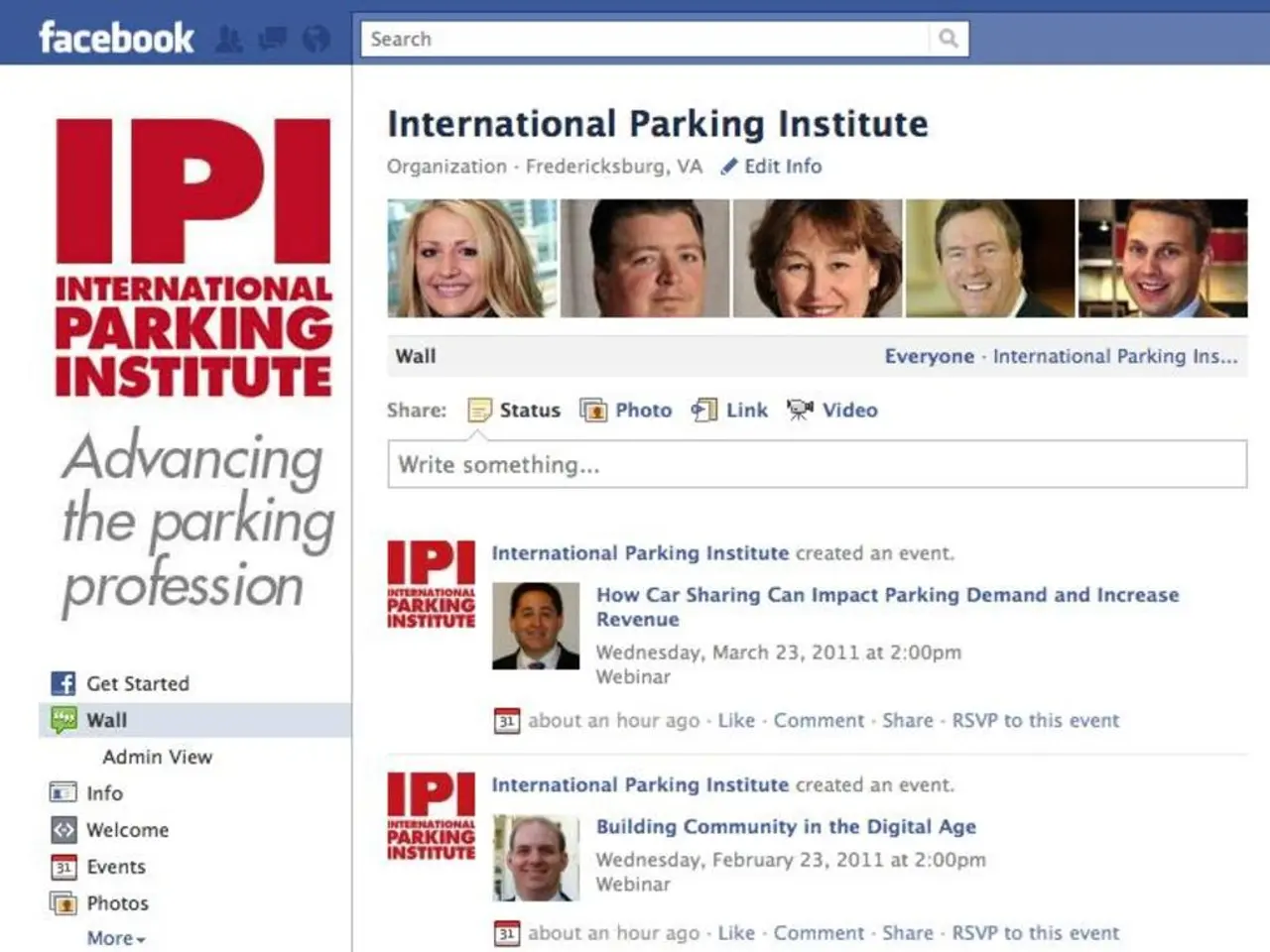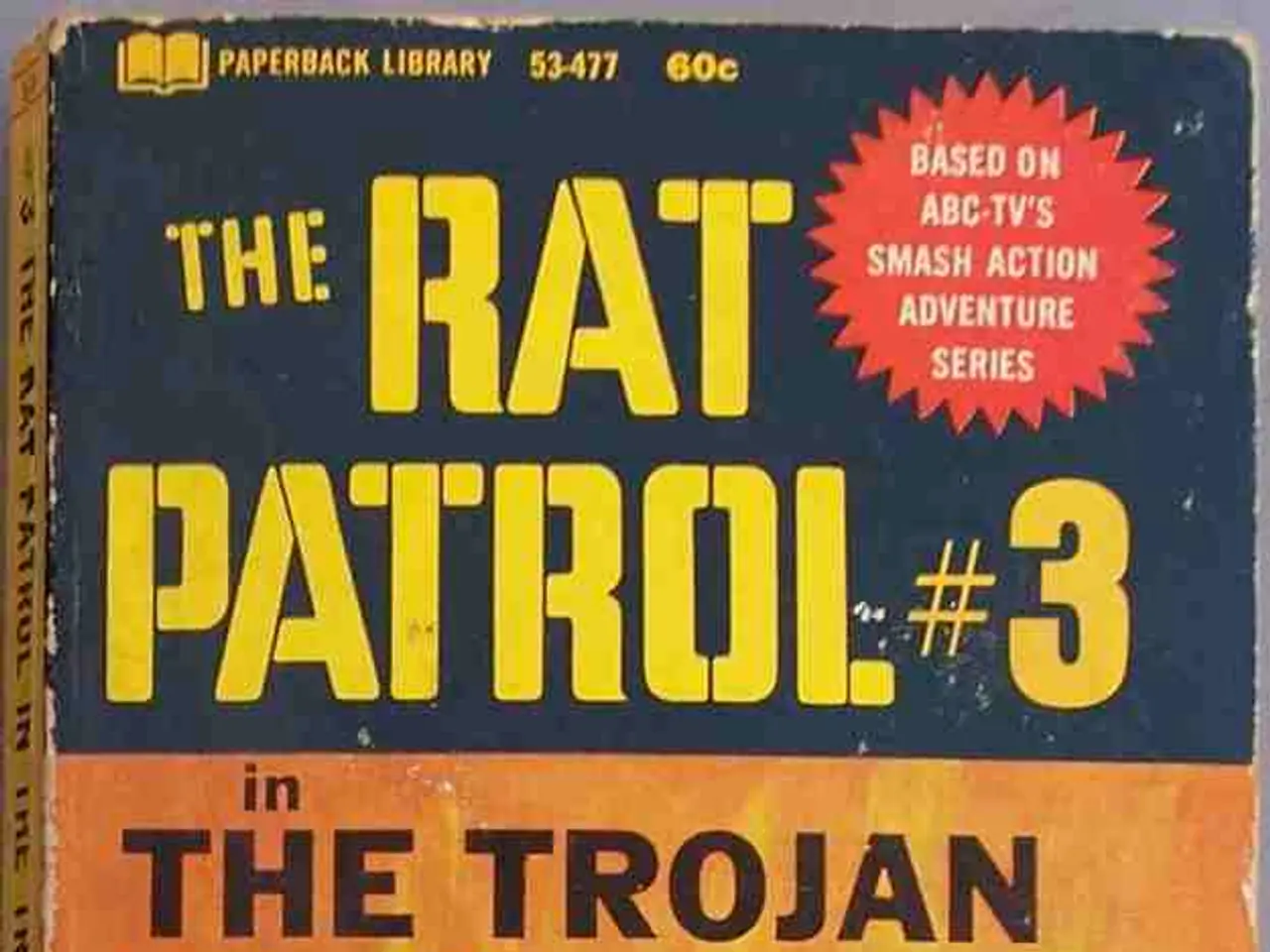Undoubtedly, the two African countries seal a peace agreement; however, Trump seeks recognition. Nonetheless, apprehensions persist that tranquility may continue to elude them.
In a groundbreaking move, officials from the Democratic Republic of Congo (DRC) and Rwanda signed a peace deal in Washington D.C., brokered by the White House, aimed at halting the violence plaguing the eastern DRC. Skepticism lingers, however, as the M23 militia, with reported ties to Rwanda, has yet to disarm and the agreement faces hurdles in achieving lasting peace.
The deal, hailed by President Donald Trump as a "wonderful treaty," includes measures pertaining to territorial integrity, the cessation of hostilities, and economic collaboration. While the agreement does not explicitly relinquish mineral rights to the US, the economic component of the treaty may provide room for American investments and access to the DRC's critical minerals.
The complex conflict in the eastern DRC is intertwined with deep-rooted historical issues, regional tensions, and the consequences of the 1994 Rwandan genocide. The DRC's strife with Rwanda stems from border disputes, unresolved regional tensions, and the integration of a Hutu militia group into the DRC's army, which is seen by Rwanda as a threat.
M23, a prominent militia fighting over the region's mineral wealth, has claimed to be defending the interests of the Tutsis and other Congolese minorities of Rwandan origin. UN experts and much of the international community suspect that Rwanda supports M23, providing troops and backing their territorial violations in the DRC.
Despite rumors of M23's involvement, Rwanda insists it protects itself from the Hutu militia operating in the DRC, which it describes as an existential threat. The violence in the region has resulted in the deaths of thousands and the displacement of over a million people since January, with reports of summary executions, rape, and sexual violence in occupied areas.
The US Secretary of State, Marco Rubio, presided over the signing of the agreement, noting that "President Trump is a president of peace. He really does want peace. He prioritizes it above all else." However, the success of this peace deal hinges on addressing the root causes of the conflict, such as the unfair distribution of mineral wealth and weak institutions in the DRC.
The Agreement Fleuve Congo (AFC), including M23, has distanced itself from the US-brokered peace process, opting instead for separate negotiations mediated by Qatar. It remains unclear if M23 will surrender its arms and reopen airports for aid supply. The fragility of peace remains a concern for many, with calls for a comprehensive solution addressing accountability, regional truth-telling, wealth redistribution, and governance reforms.
CNN's Jennifer Hansler and Max Saltman contributed to this report.
Enrichment Data:- The US-brokered peace deal between Rwanda and the Democratic Republic of Congo (DRC) includes provisions on territorial integrity, the prohibition of hostilities, and economic cooperation.- The agreement's economic component may offer opportunities for American investments and access to critical minerals in the region.- The conflict in the eastern DRC is deeply rooted in colonial-era border disputes, regional tensions, and the consequences of the 1994 Rwandan genocide.- The DRC faces problems with militia violence, with Rwanda criticizing the DRC for integrating a proscribed Hutu militia group into its army to fight against the mainly Tutsi M23.- M23 has claimed to be defending the interests of the Tutsis and other Congolese minorities of Rwandan origin, while the international community suspects that Rwanda backs M23 and supports it with troops, leaving the nation on the cusp of war with the DRC over this alleged territorial violation.
The peace deal, brokered by the White House, includes provisions on territorial integrity, the prohibition of hostilities, and economic cooperation, which may offer opportunities for American investments in the Democratic Republic of Congo's critical minerals. However, the success of this agreement is contingent on addressing the root causes of the conflict, such as the unfair distribution of mineral wealth and weak institutions in the DRC, especially with regard to the ongoing violence between the DRC and Rwanda, largely due to regional tensions, border disputes, and ties between the M23 militia and Rwanda, a concern that has sparked war-and-conflicts and general-news discussions.


